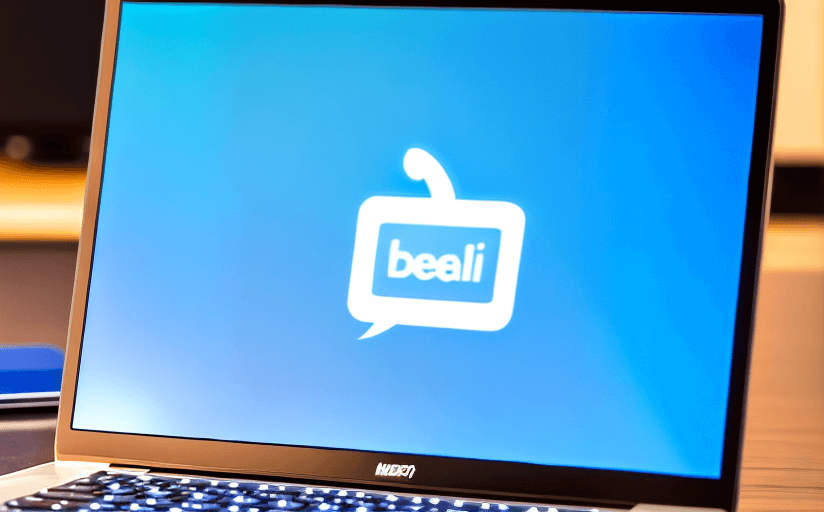The Positive and Negative Effects of Social Media on Education
In the modern age, technology has had a profound impact on education. Social media platforms such as Twitter, Facebook, and YouTube have changed the way students learn, both inside and outside the traditional classroom. These platforms offer a variety of opportunities for students, but they also come with drawbacks. In this article, we will explore both the positive and negative effects of social media on education, as well as how educators can use social media in a way that maximizes its educational potential.
Positive Effects of Social Media on Education
One of the most significant benefits of social media in the educational setting is its ability to enable collaboration and engagement between students. Through platforms like Facebook, Twitter, and YouTube, students can engage in meaningful conversations, exchange ideas, and share resources with their peers. Social media also provides students with access to a vast amount of educational content, from tutorials to lectures to research papers. In addition, social media can be used to create virtual learning communities, where students can connect with one another and share their experiences.
Negative Effects of Social Media on Education
However, there are also some potential drawbacks to using social media in the classroom. For example, students may become distracted by social media and lose focus on their studies. In addition, the use of social media can be a source of cyberbullying and other forms of digital aggression. Finally, there is a risk of students accessing inappropriate content or being exposed to inappropriate behavior on social media.
Maximizing the Educational Potential of Social Media
In order to maximize the educational potential of social media, educators must use the platform in a responsible manner. For example, they should make sure to create a safe and secure environment for students to interact, and they should also monitor the content that is being shared. Additionally, educators should set guidelines for appropriate use of social media, and they should make sure to provide students with the support they need to use the platform in an educational way.
Overall, social media can be a powerful tool for education if it is used responsibly. By understanding the potential benefits and drawbacks of using social media in the classroom, educators can create an environment where students can take full advantage of the platform’s educational potential.



















Comments
Leave a Comment